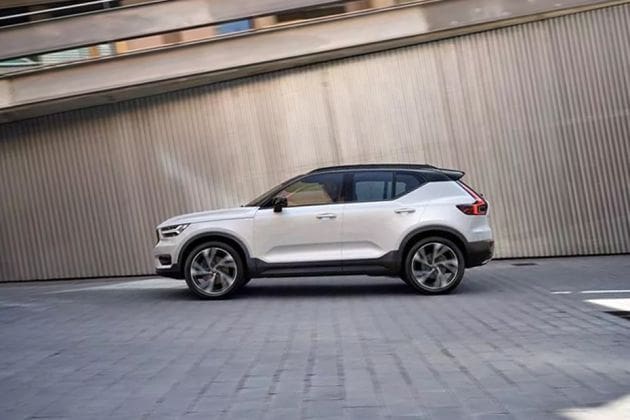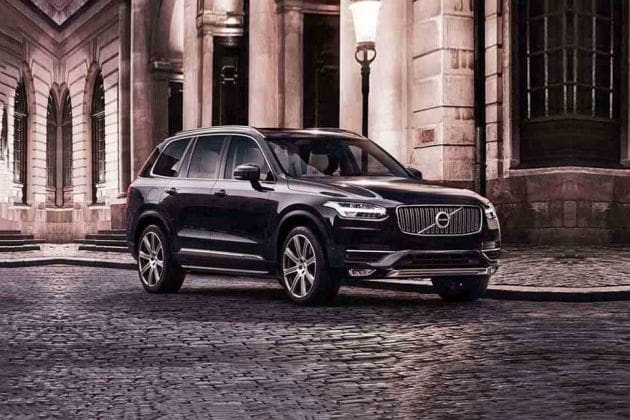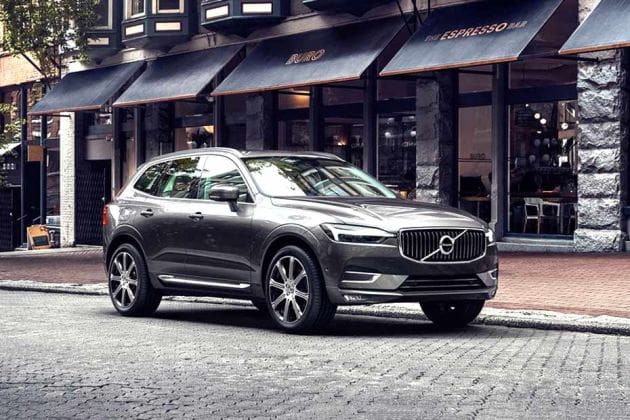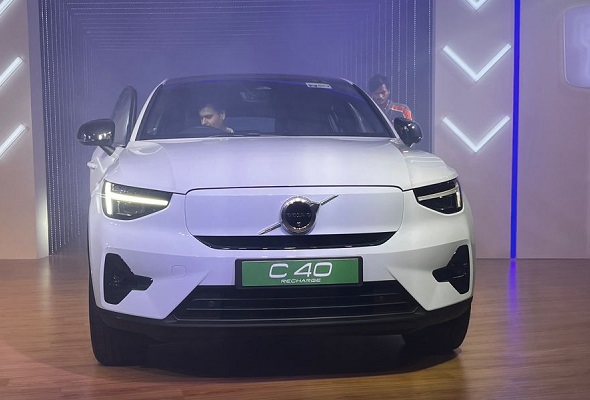Volvo and Daimler tie up to develop fuel cell for trucks
_1587454187138_1587454187764.jpg)
_1587454187138_1587454187764.jpg)
Volvo and the truck division of Daimler have agreed to set up a joint venture to develop and produce fuel cell systems for heavy vehicles, the Swedish and German companies said Tuesday.
The two firms said that they will be equal partners in the new enterprise. Daimler Truck will put all its current fuel cell activities into the joint venture, and the Volvo Group will buy a 50% stake in the venture for around 600 million euros ($652 million).
Also check these Vehicles
The joint venture will be independent and autonomous, with Daimler Truck and Volvo continuing to compete in all other business areas, the companies said. They hope that joining forces on fuel cells will lower development costs and bring forward the introduction of fuel cells for heavy transport.
Also Read : Volvo's parent company hires rocket engineers for its commercial satellite plans
“In the context of the current economic downturn cooperation has become even more necessary" to achieve the target of a carbon-neutral Europe “within a feasible time-frame," the companies said in a statement.
Both companies aim to offer heavy vehicles with fuel cells in the second half of this decade, and the venture also will explore “other automotive and non-automotive use cases," they said.
Fuel cells use hydrogen to create electricity.
The companies said their preliminary agreement is non-binding. A final agreement is expected by this year's third quarter.









 1969.0 cc
1969.0 cc Multiple
Multiple



 78 kWh
78 kWh 530 Km
530 Km














